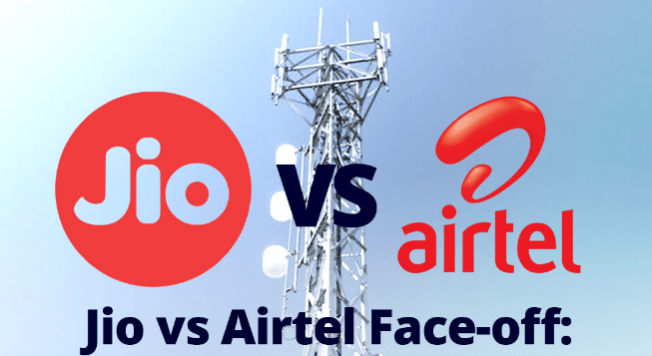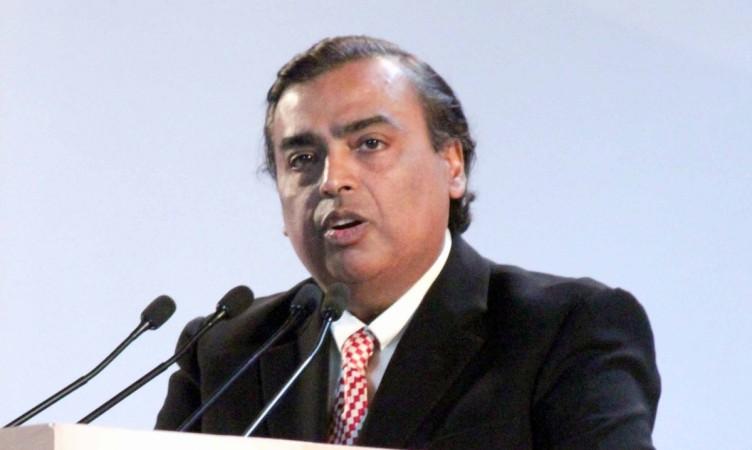
Mukesh Ambani-led Reliance Jio's move to charge 6 paise extra on voice calls has taken the market and telecom experts by surprise, reports show.
The telecom player - that garnered about 29 per cent market share in three years of launch to edge out Bharti Airtel earlier this year as the second-largest mobile service provider - surprised the markets by announcing the decision to pass on the interconnect usage charges (IUC) to its subscribers.
Market analysts, who had expressed concern over the steady decline in the company's profitability over the past several months, are struggling to understand the implications of the decision, an Economic Times report said.
The fair value computations for the companies of the sector have gone into a tailspin with the announcement. Jio had come into a cluttered telecom scene with an aggressive strategy that disrupted the sector and caused several smaller companies to close down.
At a time when Jio is set to disrupt the broadband scene with its JioFiber entry, the analysts are trying to place the move on the company's strategic growth plan. The reports say they are trying to ascertain whether it is an indirect tariff increase, helping Jio to gradually enhance profitability.
Some others believe the measure might be aimed at pressuring the Telecom Regulatory Authority of India (Trai) to abolish IUC by its original deadline of December 2019.
Jio was expected to gradually raise the tariff to improve the return on investments once it reached a market share of 45 per cent in the next two years, according to industry observers. The telecom venture already accounts for about a fourth of the total enterprise value of the parent Reliance Industries, the biggest Indian company by market value.

Jio's market strategy has been driven by the traditional Indian weakness for price advantage by offering a reasonable discount on tariffs when compared with its peers. Once the tariff advantage vanishes in a market of extreme price sensitivity, the market expansion may plateau out, analysts believe.
Some analysts believe subscribers may find it difficult to assess the benefits of a top-up voucher, and the effective bundled payments could narrow Jio's tariff differential with peers. The effective increase in tariffs after the introduction of top-up vouchers could restore parity with Bharti Airtel and Vodafone Idea on Jio's 84-day plan, the report suggests.
Currently, Jio is considered 13 per cent less expensive than the peers and managing to maintain the value leadership despite profitability pressures.
Financial analysts say the new top-up voucher could lift the average revenue per user (ARPU) for Jio by Rs 15-19. Some market analysts think that by announcing the hike, Jio would be angling for greater subscriber market share by highlighting its zero-IUC advantage on its own network.
Jio is a net payer of IUC as 64 per cent calls are outgoing, while Bharti Airtel and Vodafone pay 45 per cent and 41 per cent, respectively. Jio is locked in a row with other telecom players over its decision to reduce the alert time (ring duration) for calls to other networks to first 20 seconds and later to 25, while the other networks demand to restore the 30-second ringer time. Jio, on the other hand, claims 20 seconds is the international norm.















